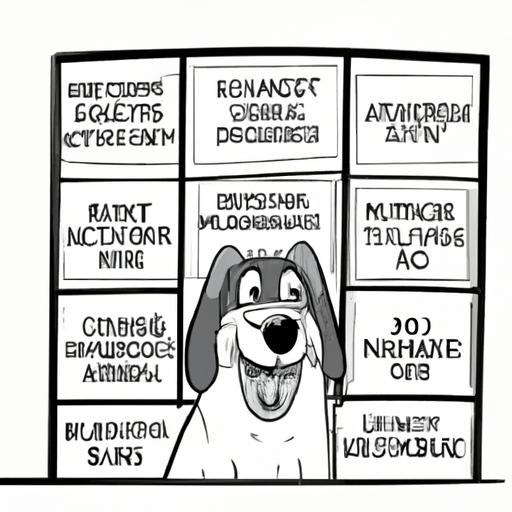As a caregiver, you know how vital it is to provide the best nutrition for your furry companions. Nuts are a wonderful source of protein, healthy fats, and essential vitamins and minerals. But the question that often arises is, “Which nuts can dogs eat?” Let’s delve into this topic to help you make informed decisions about your dog’s diet.
H2: The Good Nuts
-
Peanuts: Despite being technically legumes, peanuts are commonly classified as nuts. They are safe for dogs to consume. They are rich in protein and healthy fats. However, ensure that they are unsalted and unflavored.
-
Cashews: In moderation, cashews can be a healthy treat for your dog. They are packed with calcium and protein, which are essential for your dog’s health. Make sure they are cooked, as raw cashews can cause stomach upset.
| Safe Nuts for Dogs | Nutritional Benefits | Precautions |
|---|---|---|
| Peanuts | High in protein and healthy fats | Ensure they are unsalted and unflavored |
| Cashews | Rich in calcium and protein | Should be cooked, not raw |
H2: The Bad Nuts
Not all nuts are suitable for dogs. Some may cause health complications ranging from gastrointestinal distress to toxic reactions. These include:
-
Macadamia Nuts: These are toxic to dogs and can cause vomiting, weakness, and hyperthermia.
-
Walnuts: They can carry a fungus that leads to seizures and neurological issues in dogs.
-
Pistachios: These are high in fat and can cause pancreatitis in dogs.
H2: Understanding the Risks
Feeding your dog the wrong type of nut can lead to serious health issues. For instance, macadamia nuts can cause toxic poisoning, while high-fat nuts like pistachios can lead to pancreatitis. Even safe nuts can pose risks if they are salted, coated with chocolate, or processed with xylitol, a sweetener that’s poisonous to dogs.
H2: Serving Nuts to Dogs Safely
When serving nuts to your dogs, always ensure they are plain, unsalted, and not coated with any flavorings. Here are a few tips:
-
Portion Control: Even the safest nuts should be given in moderation due to their high-fat content.
-
Preparation: Always serve nuts cooked or roasted, never raw.
-
Avoid Seasonings: Nuts for dogs should be free of salt, sugar, and other flavorings.
H2: Alternatives to Nuts
If you’re wary about feeding your dog nuts, there are plenty of alternatives. These include:
-
Vegetables: Carrots, green beans, and cucumbers are safe and healthy options.
-
Fruits: Apples, bananas, and blueberries are all dog-friendly fruits.
-
Grains: Cooked rice or oatmeal can serve as healthy treats.
FAQ
1. Can dogs eat almonds?
No, almonds are not safe for dogs as they can block the dog’s esophagus or tear the windpipe.
2. Are peanuts safe for dogs?
Yes, but they should be unsalted and not coated with any flavorings. Also, portion control is crucial.
3. Why are macadamia nuts toxic to dogs?
The exact reason is unknown, but consuming these nuts can lead to vomiting, weakness, hyperthermia, and depression in dogs.
4. Can I feed my dog peanut butter?
Yes, but ensure it doesn’t contain xylitol, a sweetener toxic to dogs.
5. What should I do if my dog eats a toxic nut?
If your dog consumes a toxic nut, contact your vet immediately.
Caring for a dog involves knowing the ins and outs of their diet. Remember, while nuts can be a healthy snack, they should be served properly and in moderation. Always consult your vet if you’re unsure about introducing any new food into your dog’s diet.



